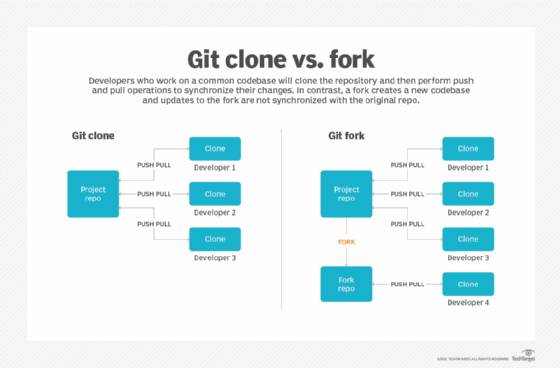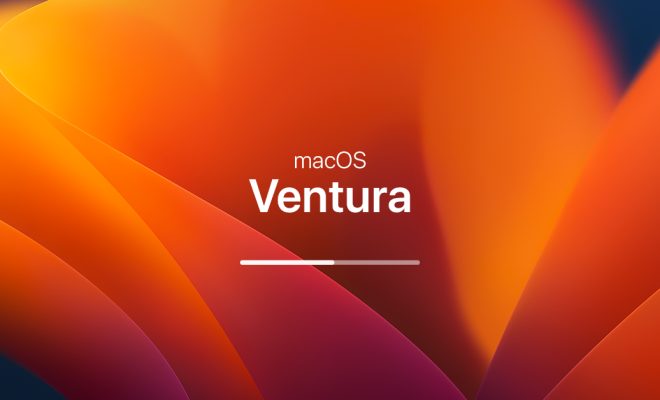What Does It Mean When Software Is Forked?

Software forking is a common term in the software development and open-source community. Simply put, forking means creating a new piece of software by copying an existing one. When a software project is forked, the codebase of the original project is duplicated and then developed separately by a different community or group of developers.
Forking usually occurs when developers disagree with the direction the original project is taking. It could be as simple as wanting to add new features to the software that the original developers are not interested in implementing or making a change to the software’s license. Forking enables these developers to create their own version of the software without relying on the original developers.
A prominent example of forking is the case of the Linux operating system. In the early 1990s, Linus Torvalds created Linux as an open-source operating system. However, as more developers began contributing to the project, there were disagreements over the direction the Linux kernel was taking. So, the developers divided into separate groups with their own versions of Linux, which resulted in the creation of numerous Linux distributions like Ubuntu, Fedora, and Debian.
Generally, forking can have both positive and negative impacts on the original project. On the positive side, forking can help the original project grow and attract new developers. Forking can also provide users with more options and choices for the software they want to use.
On the other hand, forks can also lead to fragmentation and confusion for the users. If the forks differ too much from the original project, it may create compatibility issues among programs or cause users to switch to a different software. Similarly, when multiple versions of a software appear, these versions compete with each other for attention and resources. This competition could weaken the original project in the long run, as its user base is divided among various forks.
In conclusion, forking is a natural process in the development of software and a necessary part of open-source software development. It offers developers the opportunity to improve existing software, create new features, and bring different perspectives to the table. A fork should be seen as a positive development in the evolution of a software project as long as it contributes to the project’s growth and development.






